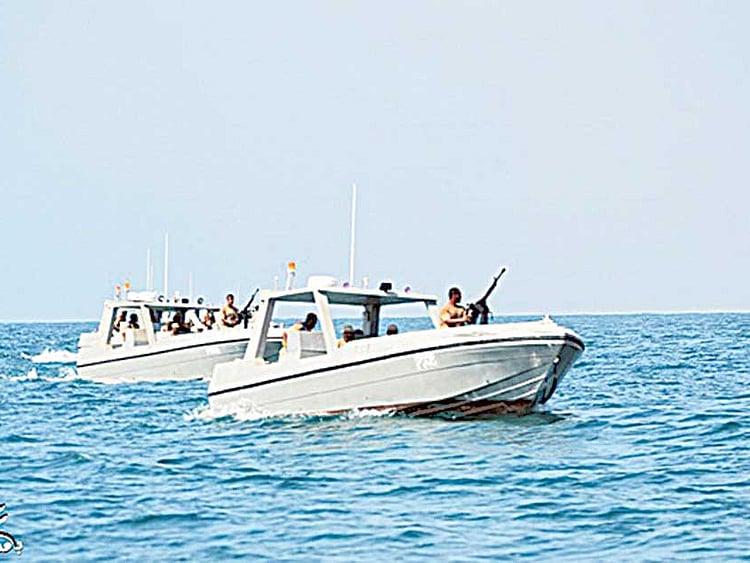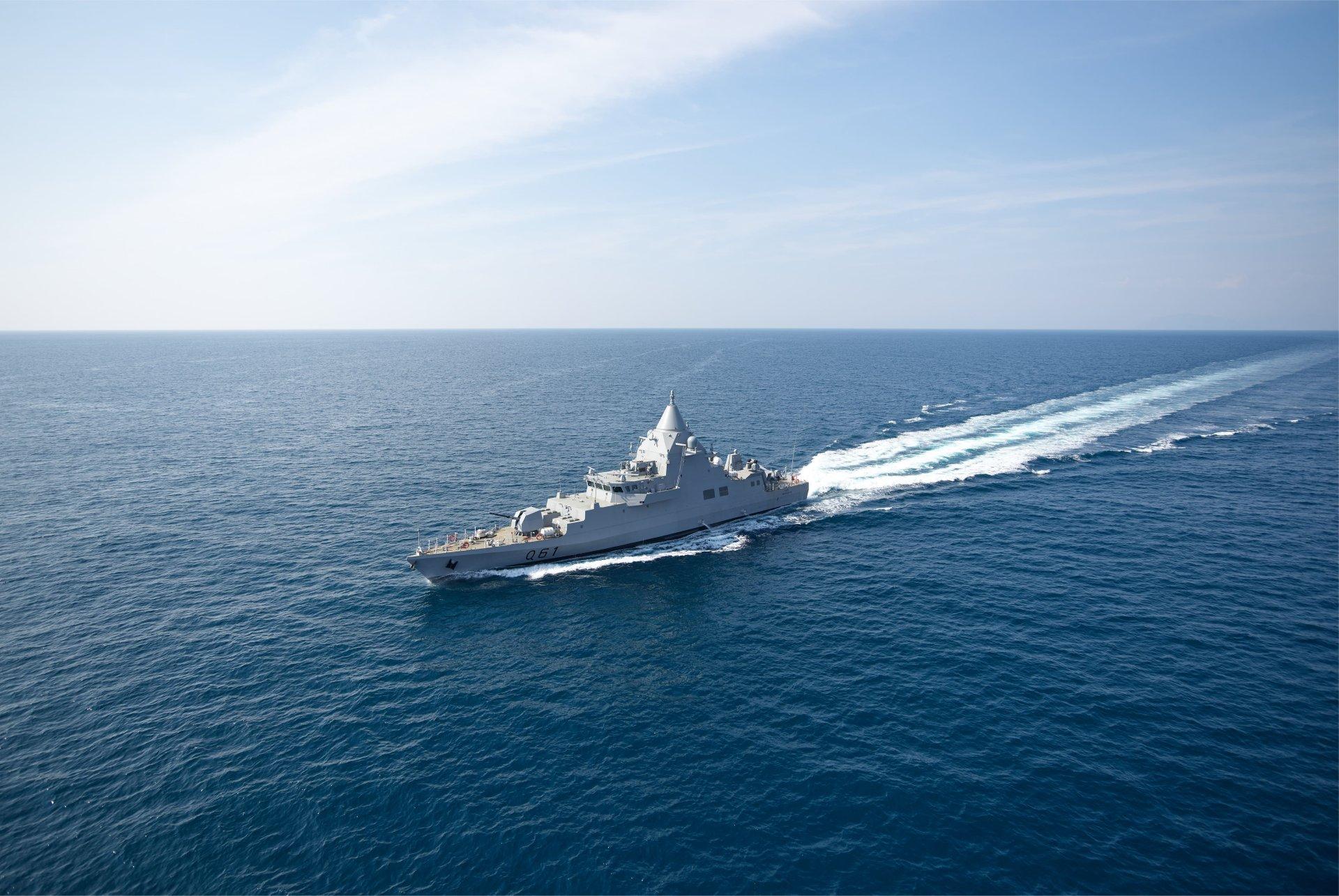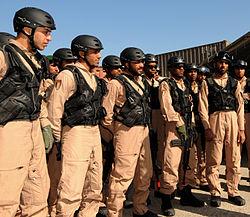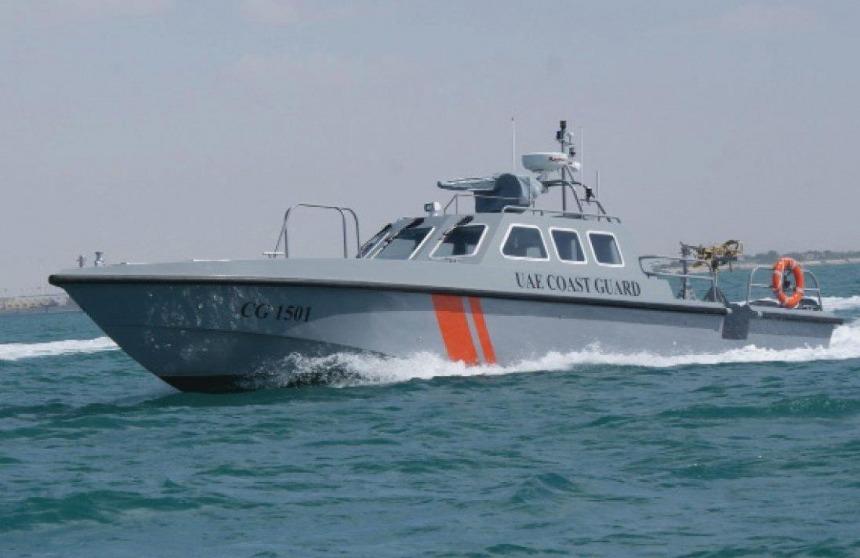UAE Coast Guard Swiftly Responds to Oil Tanker Incident Near Strait of Hormuz
The UAE Coast Guard has demonstrated its unwavering commitment to maritime safety with a swift and efficient response to an oil tanker incident that occurred near the strategically vital Strait of Hormuz. Within moments of receiving alerts, emergency teams were dispatched to the site where the tanker had reportedly collided with a submerged object, leading to notable structural damage and a potential risk of oil spillage. Rapid assessments and coordinated rescue efforts allowed responders to effectively gauge the situation and prioritize the safety of personnel aboard the vessel.
In an impressive display of professionalism, the Coast Guard successfully evacuated 24 individuals from the stricken tanker, ensuring their well-being and facilitating urgent medical evaluations. While no casualties were reported, the authorities emphasized the importance of maintaining preparedness for incidents of this nature, notably in such a crucial waterway that sees significant maritime traffic. The incident prompted immediate investigations to ascertain the cause and to implement preventive measures, securing the marine environment from potential disasters while safeguarding those who navigate these waters.

Safety Measures and Protocols in Place for Maritime emergencies
Amidst the chaotic scene following the oil tanker crash near the Strait of Hormuz, the UAE coast guard demonstrated its robust safety measures and protocols, which played a crucial role in the swift evacuation of 24 individuals. With a well-coordinated response strategy,the coast guard mobilized multiple rescue units to ensure the safety of everyone on board despite challenging maritime conditions.The pre-established emergency plans were activated, allowing for real-time communication and rapid deployment of resources, emphasizing the importance of preparedness in maritime safety.
The coast guard’s response included a series of critical actions, aimed at minimizing risks and ensuring effective operations during the emergency. Key components of the protocol included:
- Immediate Assessment: A fast evaluation of the situation to prioritize rescue efforts based on the number of individuals at risk.
- Search and Rescue Operations: Utilizing advanced navigation technology to locate and assist those stranded.
- Medical Assistance: Onboard medical teams were prepared to provide immediate care for any injuries sustained during the incident.
- Coordination with other Agencies: Collaboration with local and international maritime organizations to enhance operational effectiveness.
This incident underscored the critical importance of training and drills designed to address various emergency scenarios. The accomplished evacuation further affirmed the UAE coast guard’s commitment to maintaining high safety standards in maritime operations.

Impact of Oil tanker Crashes on Regional Security and Environment
The recent oil tanker crash near the Strait of Hormuz has raised significant concerns regarding the stability of regional security and environmental integrity. Situated at a strategic maritime point, the Strait of Hormuz is a vital corridor for global oil transportation. Incidents like this undermine maritime security and could exacerbate tensions among neighboring nations.The following factors illustrate the potential ramifications:
- Heightened Military Presence: Countries may increase their naval operations in the area, leading to a potential arms buildup.
- Risk of Escalation: Misinterpretations of military movements could spark further conflicts between regional powers, amplifying existing hostilities.
- Impact on Shipping routes: A damaged vessel can prompt rerouting of oil transports, affecting global markets and pricing.
Environmental repercussions are equally alarming, as oil spills can devastate marine ecosystems and coastal communities.The consequences of such environmental incidents include:
- Long-term Damage to Biodiversity: Spills can lead to loss of marine life and disrupt habitats crucial for various species.
- Effect on Local Livelihoods: Fishermen and tourism-based economies may suffer significant downturns due to contaminated waters.
- Increased Clean-up Costs: Once an incident occurs, the financial burden of recovery can weigh heavily on local and national governments.

Recommendations for Enhancing Maritime Safety in busy Shipping Lanes
following the recent incident involving the evacuation of 24 individuals from an oil tanker near the Strait of Hormuz, it is imperative to consider strategic measures that can significantly improve safety protocols in one of the world’s busiest maritime corridors. Enhanced communication systems between vessels, shipping companies, and coast guard units can facilitate quicker responses to emergencies. Implementing real-time tracking technologies would also allow for better monitoring of maritime traffic, ensuring that all vessels remain within designated shipping lanes while avoiding potential collisions.
Along with upgraded communication and tracking systems, a thorough mandatory training program for all maritime crew members should be established to mitigate human error-often a leading cause of maritime accidents. Regular safety drills and simulations of emergency scenarios can prepare crews for unexpected challenges, thereby promoting a culture of safety. Moreover, establishing collaborative international protocols for vessel registrations and movements can bolster oversight and compliance, creating a safer environment for all vessels traversing these vital waters.
